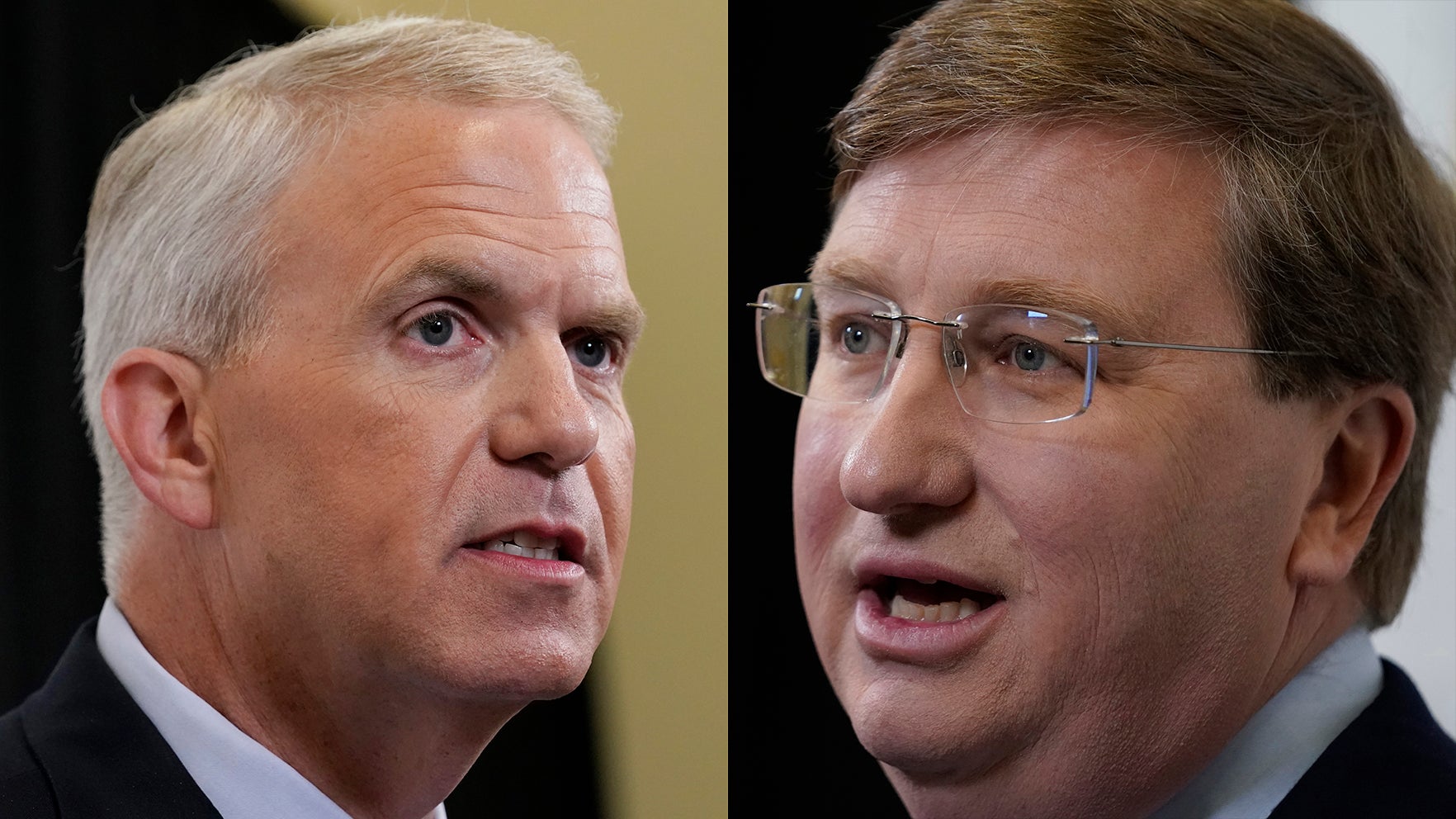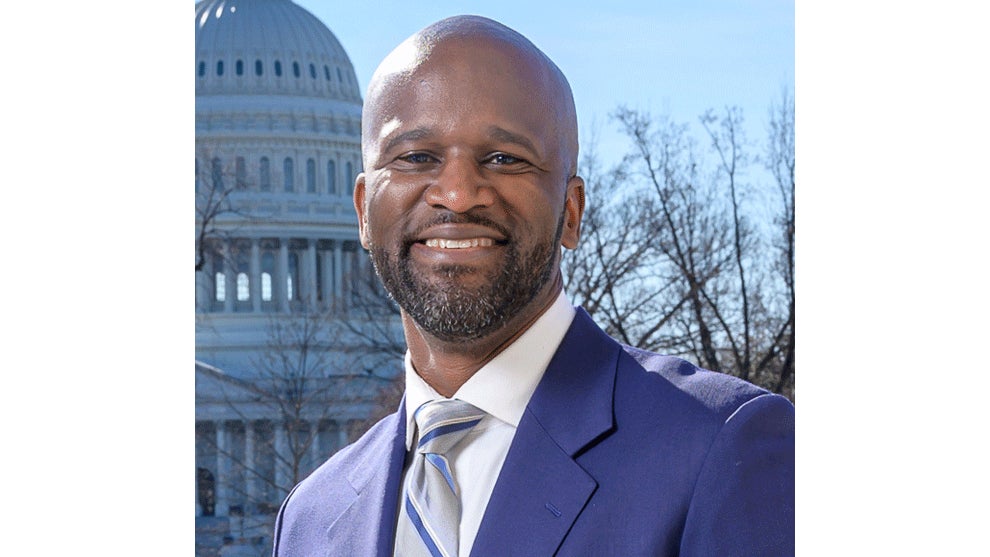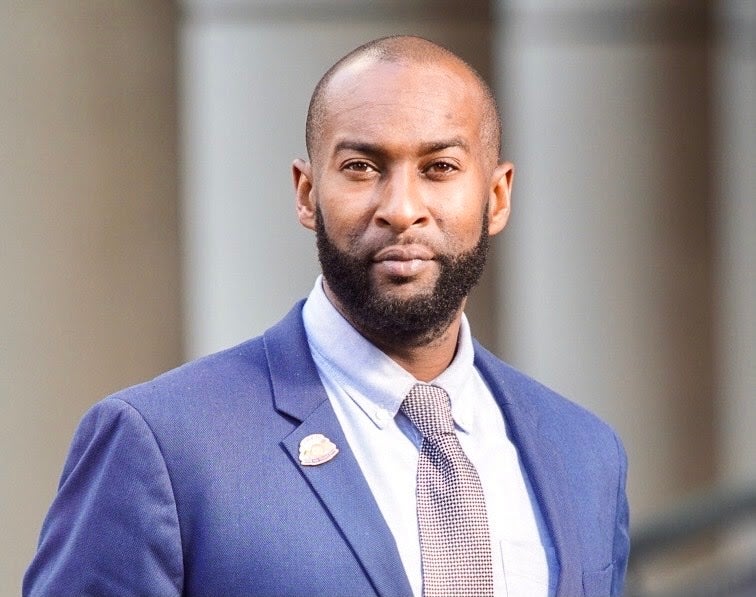State legislature keeps some bills alive, allows others to die
Published 9:02 pm Tuesday, February 28, 2017
JACKSON (AP) — Tuesday marked the latest deadline during the three-month session of the Mississippi Legislature. It was the final day for the House and Senate to act on general bills that had first passed the opposite chamber. Most bills that survived the deadline are going back to the originating house, which can seek negotiations to iron out differences or concur in changes and send the measure to Gov. Phil Bryant for his approval or veto. Tax and spending bills are alive under a later deadline and have yet to pass the second chamber.
Here’s a look at the status of selected bills, with HB to designate a House Bill and SB to designate a Senate Bill:
ALIVE
BLUE LIVES (HB645) — Crimes committed against police officers, firefighters or emergency medical technicians would carry higher penalties.
CAMPAIGN CASH (HB479, SB2689) — Politicians would face new limits on using campaign donations for political expenses such as clothing. They also would be required to disclose details of how they spend campaign donations using credit cards.
DAILY FANTASY SPORTS (HB967) — Fantasy sports betting operators would face an 8 percent tax on their Mississippi revenue, and the Gaming Commission would regulate sports betting operations online or in casinos.
DEATH PENALTY (HB638) — Mississippi would add to the list of drugs it uses to carry out lethal injections. The state also would be authorized to have other methods of execution as backups, including the gas chamber and the electric chair.
DYSLEXIA FUNDING (HB1046) — Students with dyslexia would get public money to attend private schools focused on the learning disability in grades K-12, and could take the money to border areas of neighboring states. Some opponents have warned the bill could open the door to widespread vouchers.
GOVERNMENT VEHICLES (HB938) — Most state agencies would be banned from buying vehicles for one year.
GOVERNOR’S POWER (HB1425) — The governor would gain review power over rules set by a wide range of boards and commissions.
SCHOOL TAKEOVERS (SB2431, HB875) — Would require the state Department of Education to control a poorly-rated district that it takes over until it achieves a C rating for a number of years.
MENTAL HEALTH (SB2842) — Creates mental health diversion pilot programs and standards for mental health intervention.
LOBBYISTS (SB2632) — Lobbyists for state agencies couldn’t be paid with public funds.
DEAD
ATTORNEY GENERAL (HB555) — The Mississippi attorney general would have had to seek permission from the governor, lieutenant governor and secretary of state before filing any lawsuit that might carry an award of at least $250,000. Currently, that would limit the power of the lone Democrat in statewide office.
STATE EMPLOYEES (HB974) — About 75 state boards and agencies would have been exempted from Personnel Board rules for three years, taking away as many as 20,000 workers’ civil-service protections.
EARLY VOTING (HB228) — The state would have had no-excuses, in-person early voting, starting 14 days before an election. Current law only lets people vote early if they will be out of town Election Day.
ONLINE REGISTRATION (HB373) — Would have allowed first-time voters to register online instead of having to use a paper form or appear at a government office.
TESTING LIMITS (HB866) — Would have limited schools to three days of statewide testing and 20 days of districtwide testing in any one year.
INTERNET TAXES (HB480) — Would have codified requirements that online retailers collect taxes on sales and would have devoted such taxes to roads.
EDUCATION RULE WAIVERS (HB1224) — Would have exempted A-rated and B-rated school districts from some state Department of Education rules.
BP MONEY (SB2634) — Would have created a special amount to hold $750 million in economic damages from the 2005 Deepwater Horizon oil spill.





